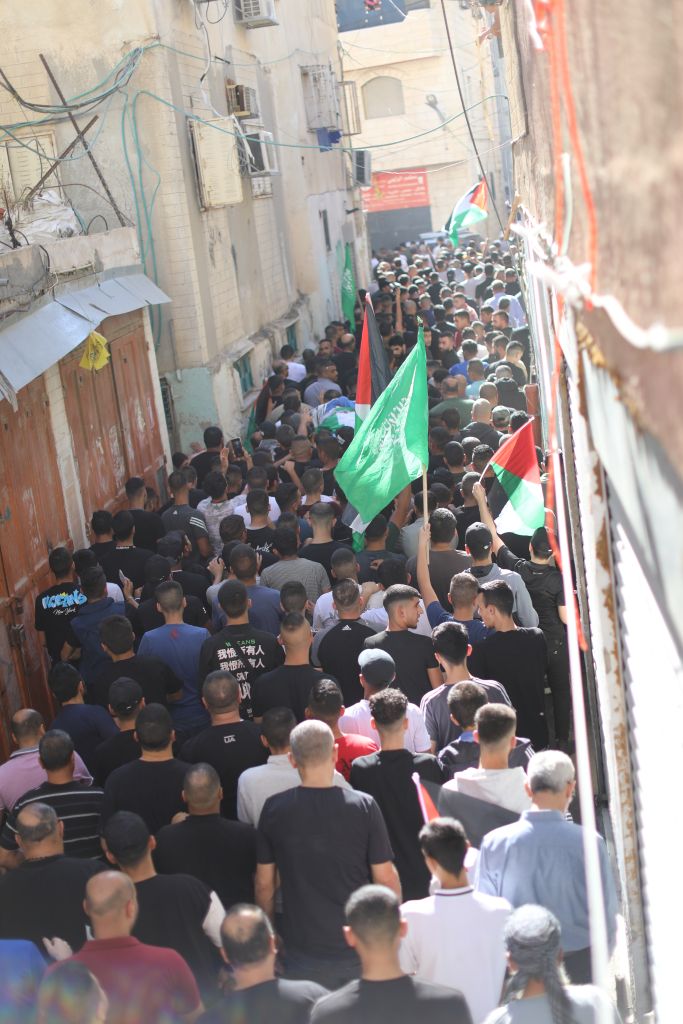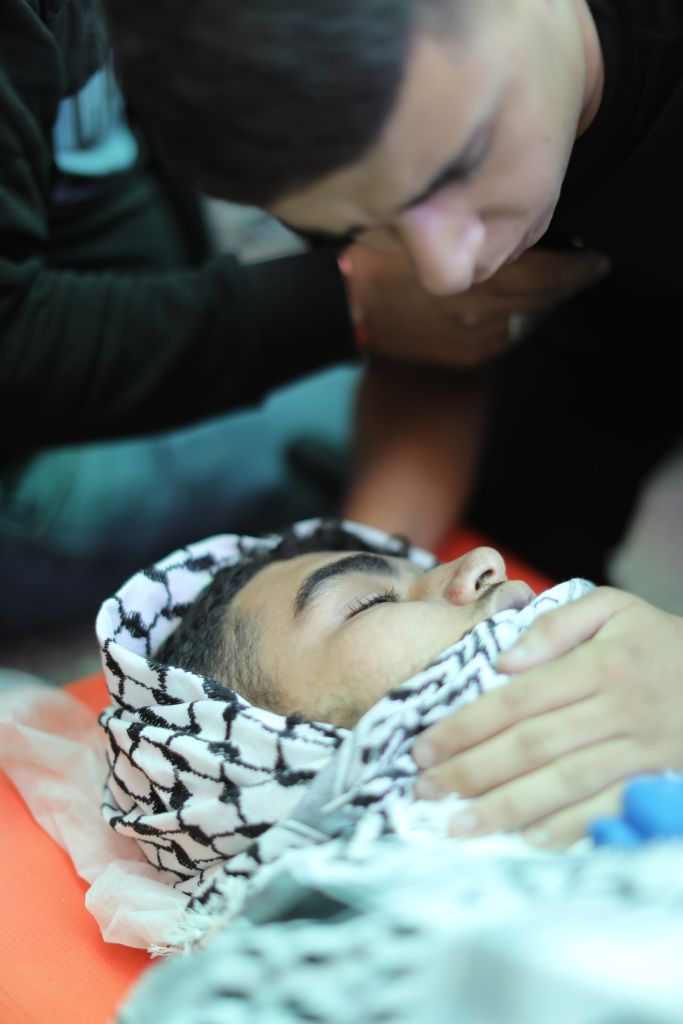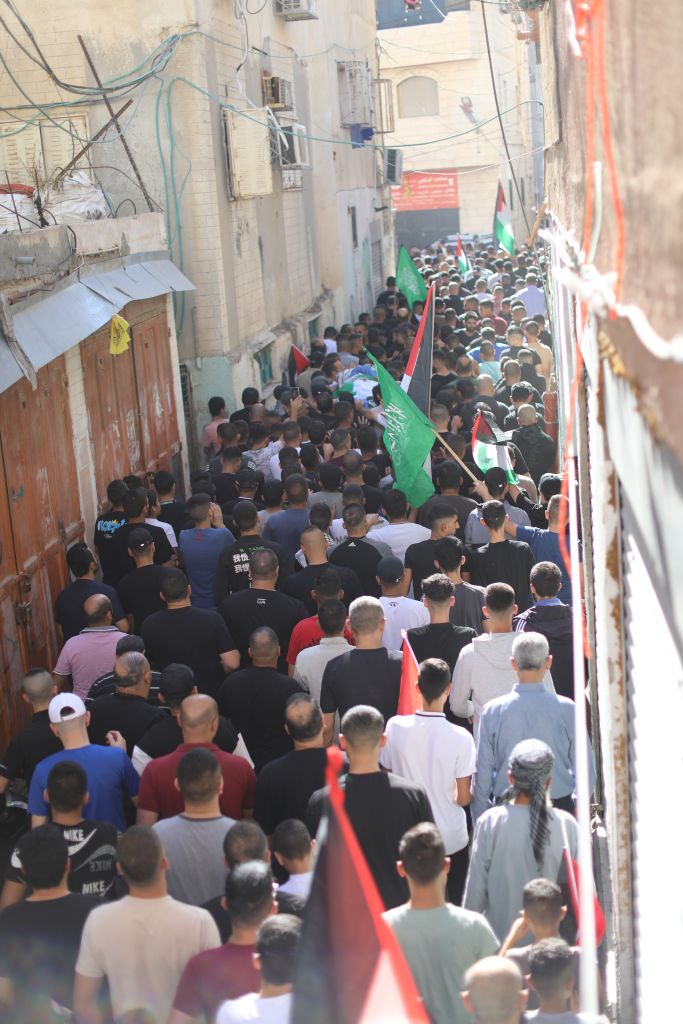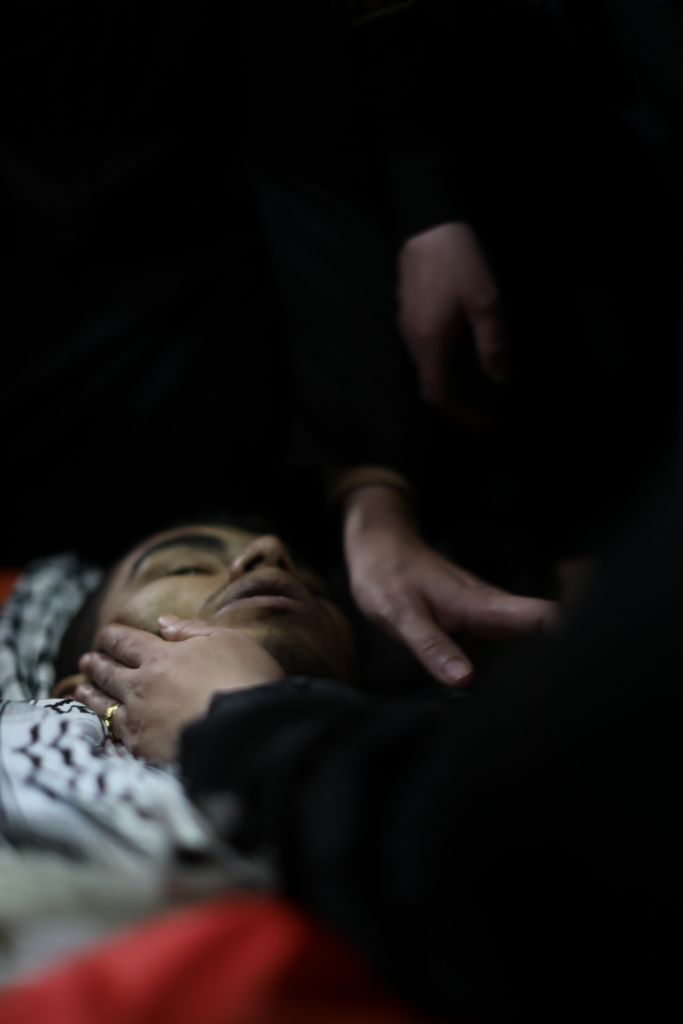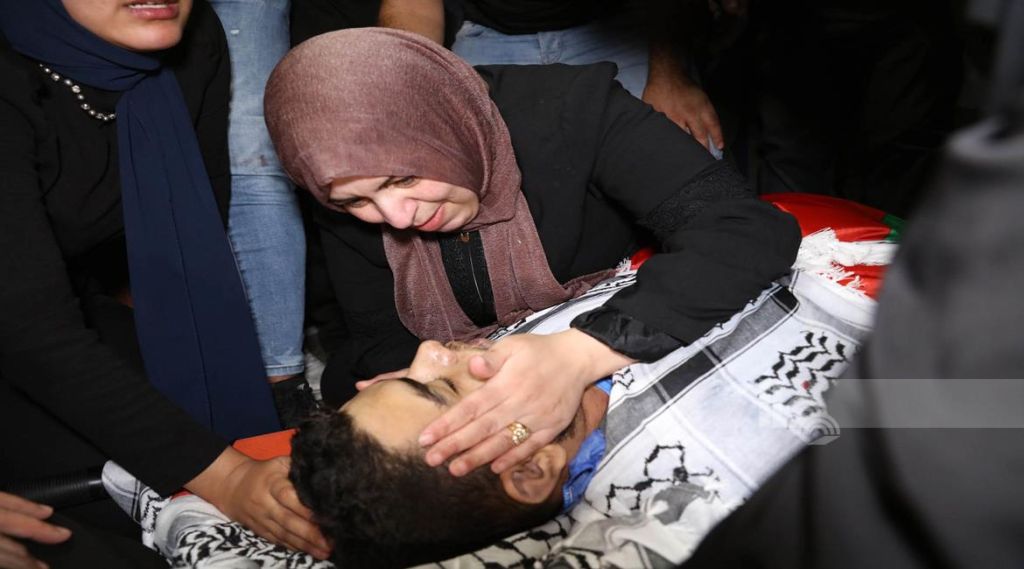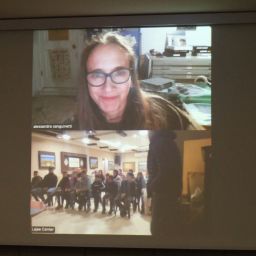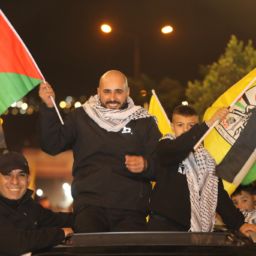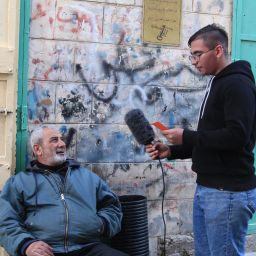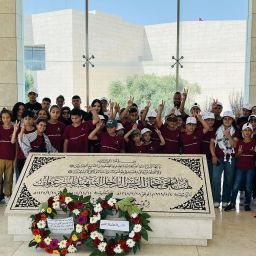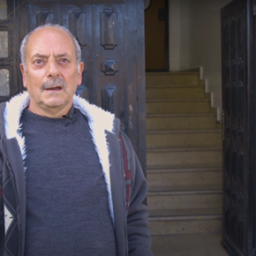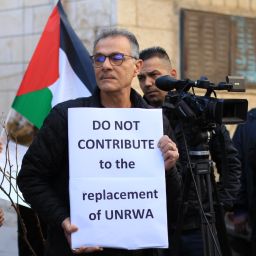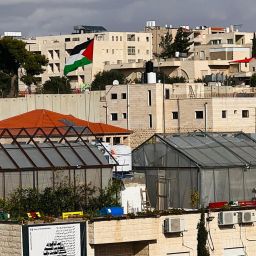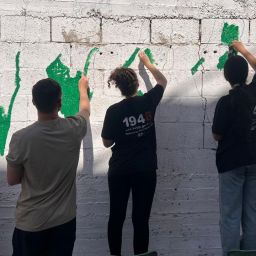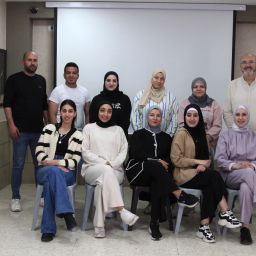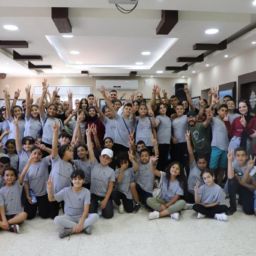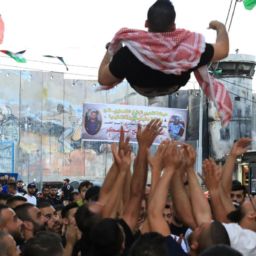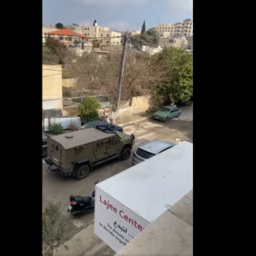Dawn of Friday, November 10 th , Aida Refugee Camp was raided by the IOF between 4am until 7am, arresting 5 young men.
Mohammed Ali Ezia, was standing on his rooftop, watching the soldiers as they continued their raid, and once he noticed several people dragged away, blindfolded with their arms tied behind them, Mohammed innocently began video recording on his phone.
Immediately, an IOF snipper from the watchtower shot one bullet straight into Mohammed’s chest. Mohammed’s sister, a first-year medical student, heard the shot and quickly ran to the rooftop to check on her brother and see where the soldiers were shooting, not knowing the bullet was meant for Mohammed.
As she reached the rooftop, she saw her younger brother lying on the floor bleeding heavily and quickly called out to her family as she sat next to Mohammed attending to his wound. The family called the ambulance, which is a 10- minute drive from the nearest hospital to Aida Camp; the ambulance was blocked and was not allowed to enter the camp by IOF soldiers who were continuing the raid and arrests.Mohammed’s father, Ali, and other family members helped carry him down to their car to rush Mohammed to the hospital before it was too late.
Unfortunately, as soon as they reached the main entrance to the camp, they were met by the IOF soldiers who stopped the car and wouldn’t allow them to pass. Instead, they carried Mohammed out of the car on a stretcher towards the military base with the other detainees, as he was hanging onto his last few breaths.
Ali tried to plead and bargain with them to allow him to take his son to the hospital, in vain.
Instead, a group of soldiers went to Mohammed’s home, claiming to search for weapons. They destroyed the family home, turning over furniture and throwing clothes from the closets onto the floor. Once they were done “searching”, one of the IOF soldiers told Ali, ‘If your son lives, we’ll allow you to see him again [in prison]’. Mohammed didn’t survive to see his father, nor was he able to receive the medical treatment that could have saved his life. Instead, an hour later, Ali received a call to come pick up his son’s body; martyred in cold blood.
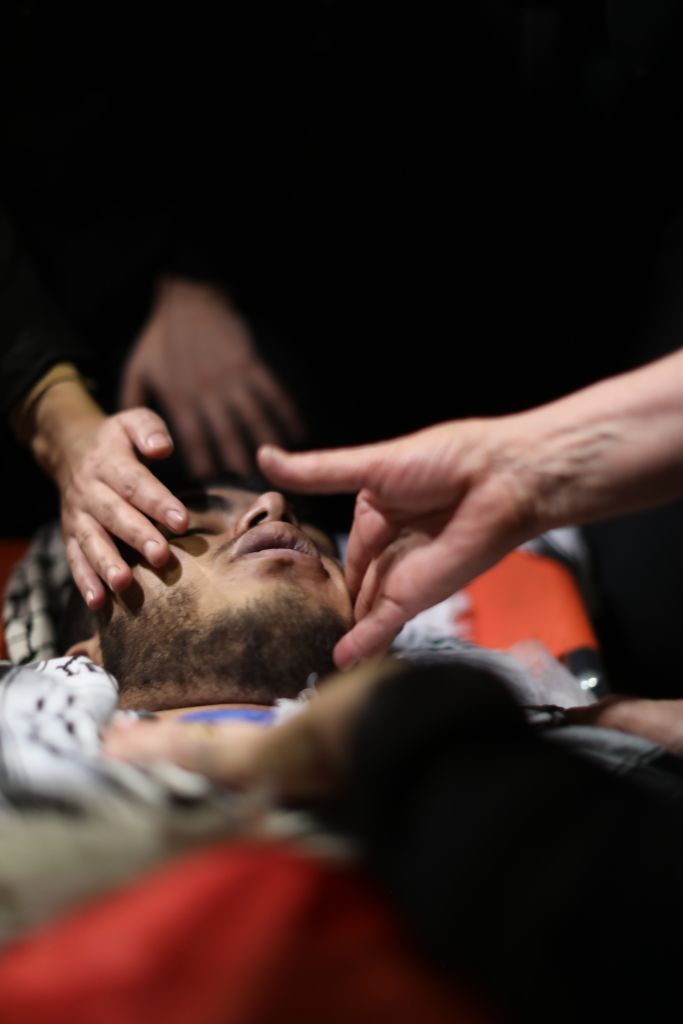
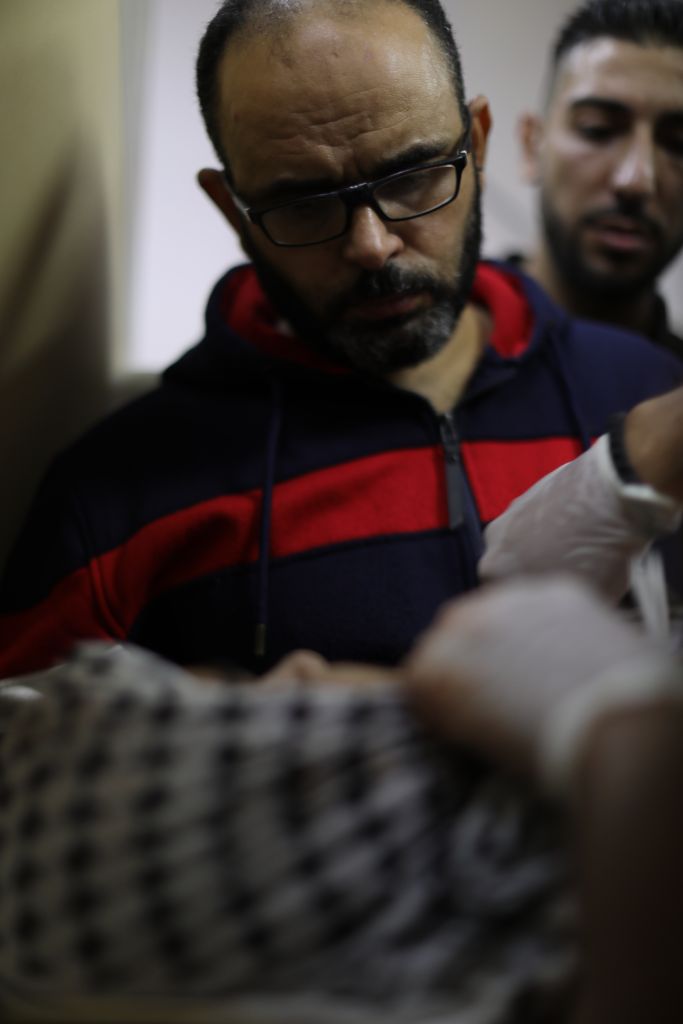
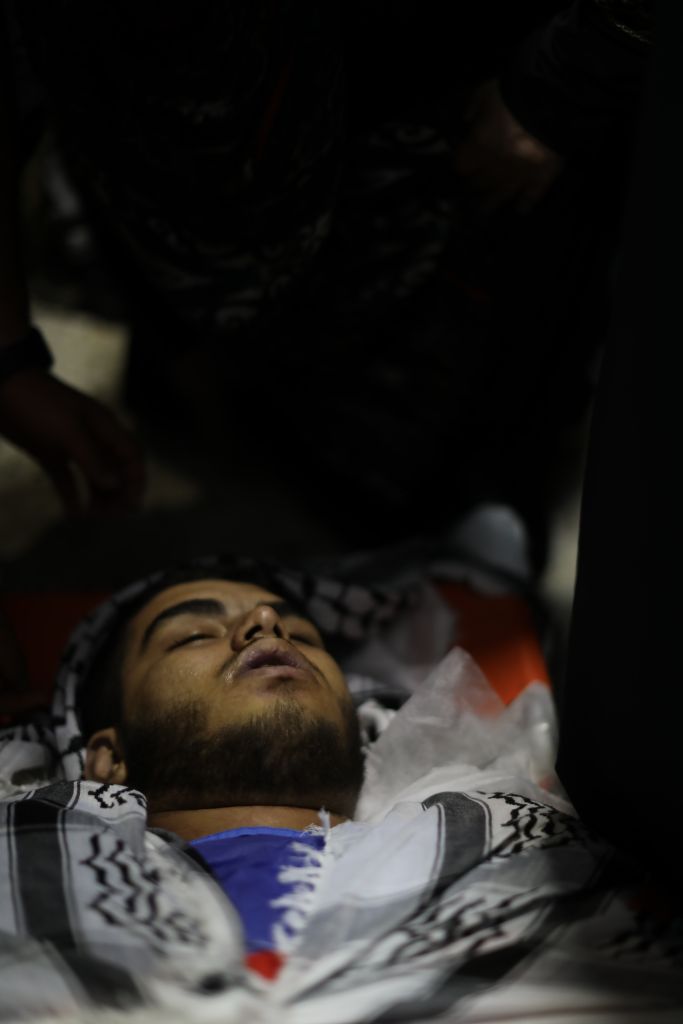
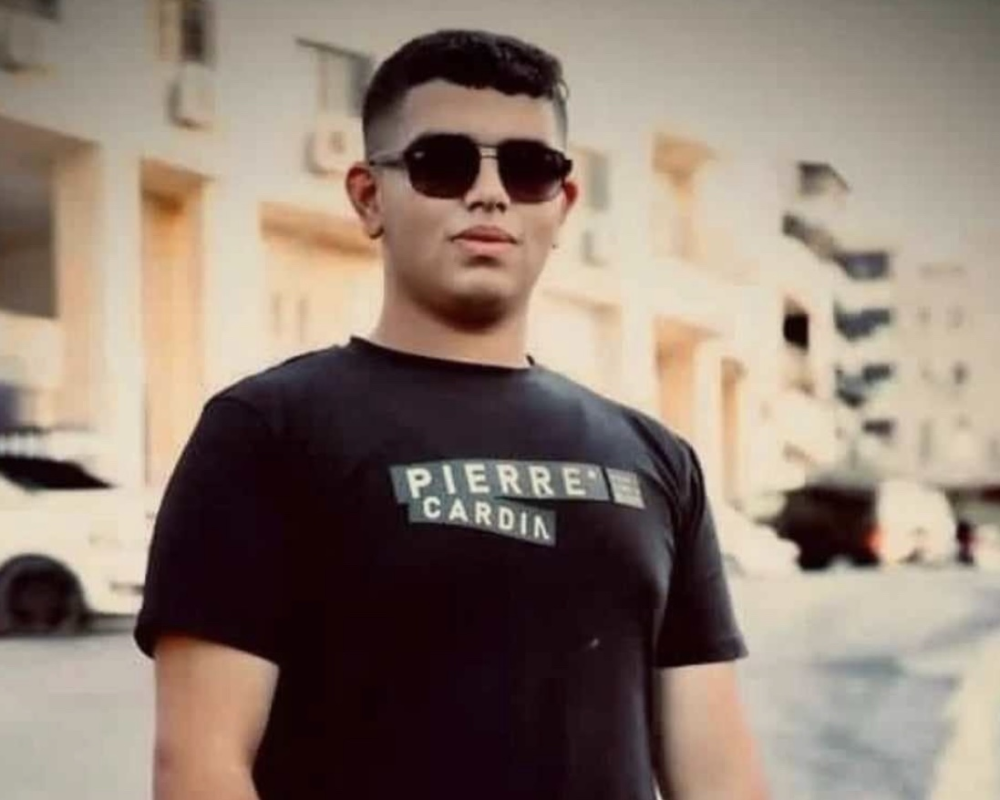
Mohammed Ezia was 17 years old in his last year of High School. He and his siblings were always top of their class. Mohammed was known to be a quiet young man who focused on his studies and playing soccer with his friends.
As a young boy, he participated every year until the age of 15 in the summer camps at the Lajee Center. His brother, Amer, is currently in the circus school at the Lajee Center. His grandmother, who passed away last year as well as one of his aunts are patients in the H4P program at Lajee too.
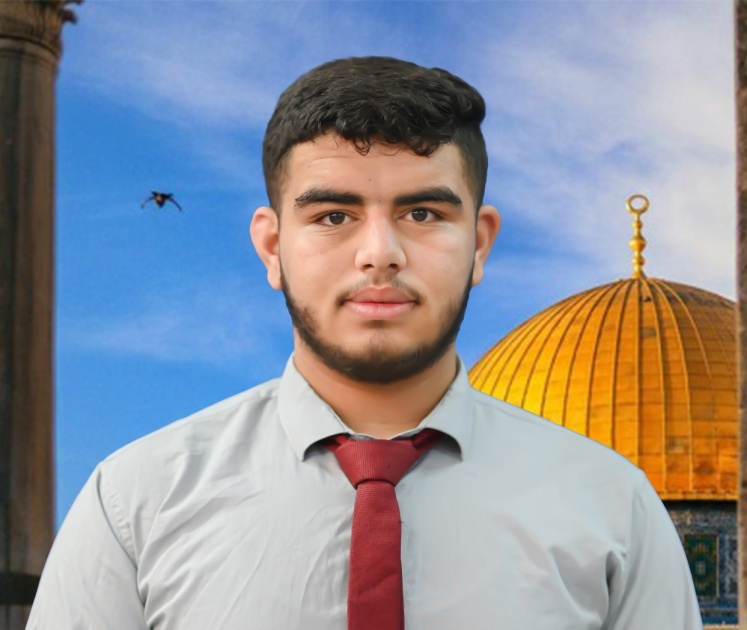
Aida Refugee camp has not experienced a martyr in years, and the community was shocked to wake up to the news of Mohammed’s murder. In 2014 and 2015, two boys ages 12 and 14, were also killed in the camp, both shot by snipers from the watchtowers that surround Aida Camp.
The Apartheid wall that completely encloses the camp and separates Bethlehem from Jerusalem (less than 10 miles away), has about 7 watchtowers which are manned 24/7 by snipers and IOF soldiers, with a military base nearby. Living under these conditions makes it hard on the community to carry out their day-to-day activities without fear of being targeted at random, especially since October 7 th . Military raids on Aida and throughout the West Bank have increased to a daily basis, arresting thousands and
killing hundreds within the last month. Even within the ‘safety’ of their homes, people are now being targeted and justified by accusations of having weapons. We mourn the loss of our young, like Mohammed, and all martyrs killed in cold blood. On Friday morning, all of Aida as well as his friends and people who heard of Mohammed’s murder from the greater Bethlehem area, gathered in front of Al Hussein Hospital until his body was released for burial.
